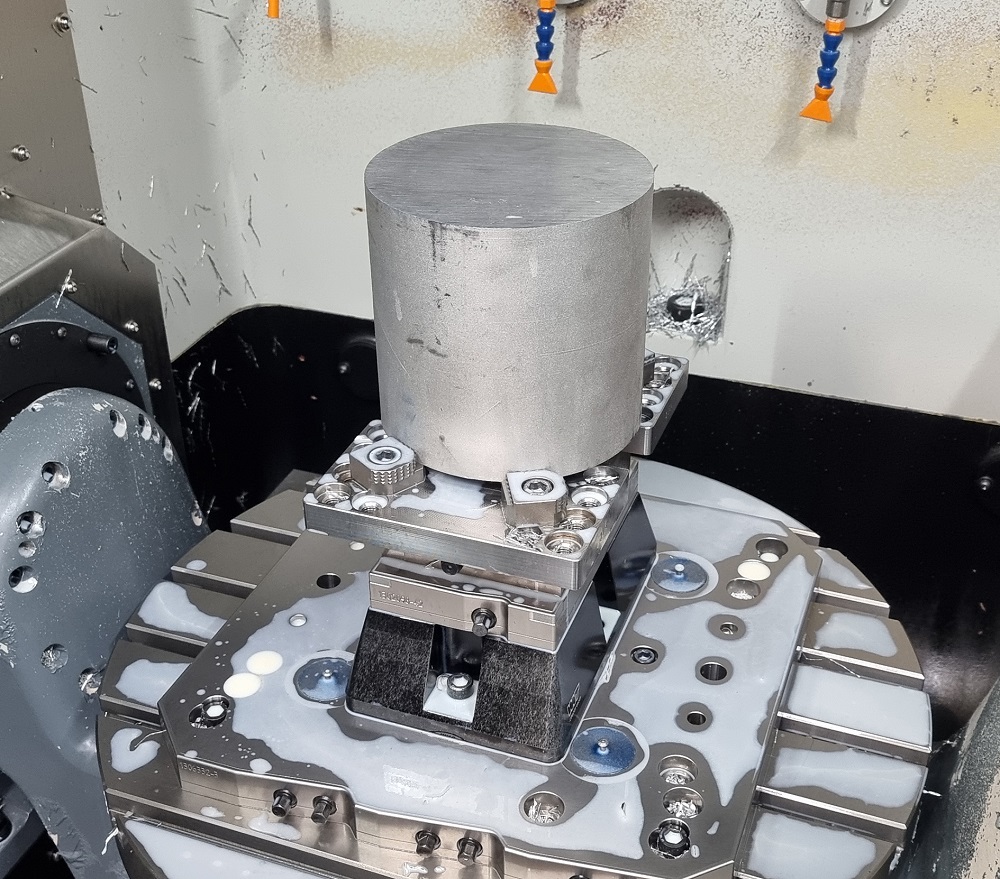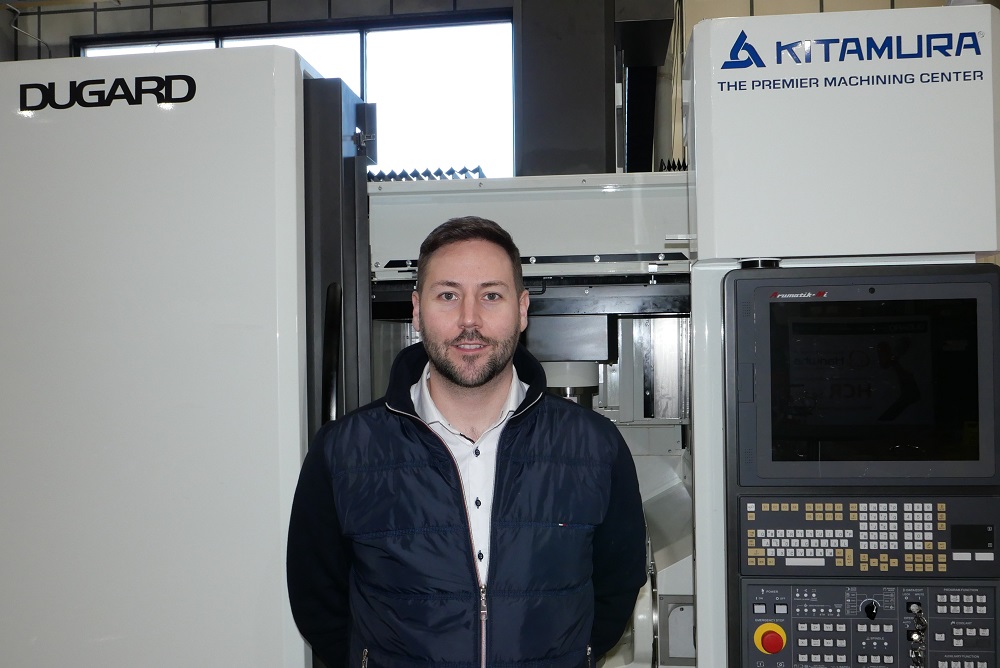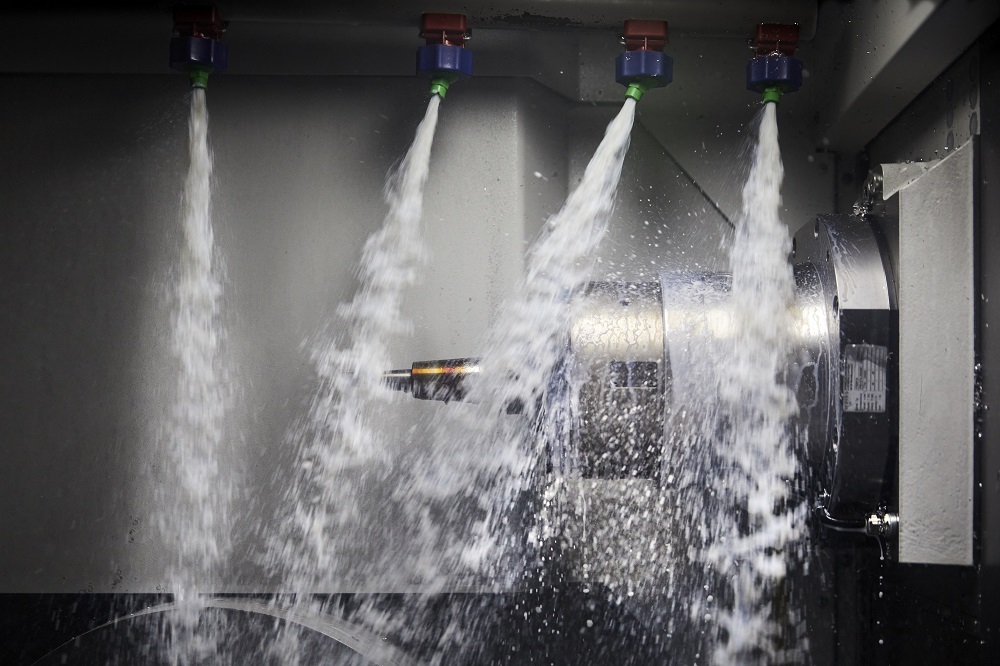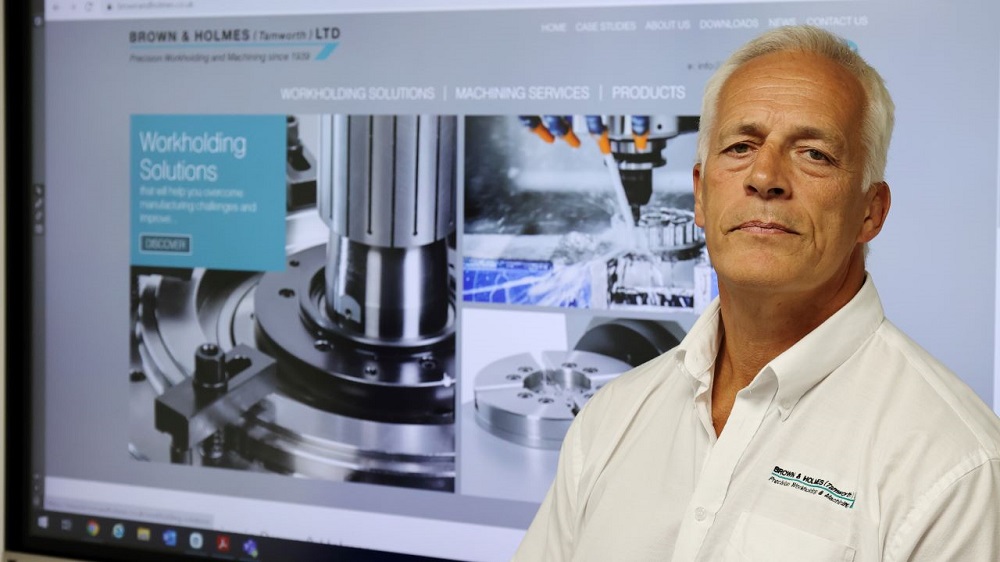Ceratizit UK & Ireland’s technical sales and applications teams work in partnership with customers to ensure maximum productivity, whether that is with the latest in cutting tool technology, or with advice on manufacturing efficiency. The latter was the case when Bedford CNC was looking to improve throughput of some aluminium blocks.
While the productivity of these blocks was already good, machining four per cycle using two Ceratizit ZSG 4 vices on a four-axis machining centre, a suggestion by Ceratizit would double throughput and, by default, reduce manufacturing costs.
“When Ceratizitrecommended manufacturing a bespoke fixture that would accommodate four ZSG Mini vices, with each vice holding two components, it was an easy decision to make, as we can now produce twice as many parts in a single cycle, with reduced set-up time and costs,” says Andy Soos, managing director and owner at Bedford CNC.
Ceratizit designed and manufactured the fixture in-house at its technical centre in Sheffield, where the applications team has a range of CADCAM suites and an array of machine tools on which to produce projects such as this, or simply to provide customer training. From concept to manufacture, Ceratizit managed thewhole fixture project in-house with the completed fixture available within two-weeks of order placement.
“Having this capability adds another level of service that we can offer to customers, where we are able to develop manufacturing solutions quickly to assist them as they look to increase efficiency and profitability,” says Ceratizit technical sales engineer Nev Frisby. “When I put the idea to Andy at Bedford CNC, his reaction was how soon can I have it?To turn it around in such a short space of time was a major advantage to him.”
For further information www.ceratizit.com



















